From the streets of China to screens around the world, these legendary kung fu masters have transcended time and reality. But did you know many of the masters you see on TV and in the movies were real people?
From the unbeatable Ip Man to the mysterious Pai Mei, these martial artists became icons not just in movies, but in pop culture worldwide. They are the fighters whose lives inspired the epic fight scenes and larger-than-life heroes we can’t get enough of.
Let’s take a look at the real-life legends who paved the way for some of the most unforgettable kung fu characters ever to grace the screen!
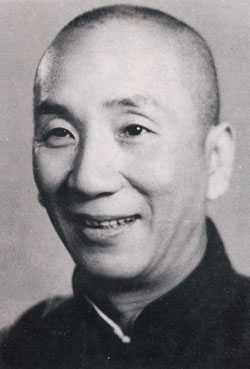
Ip Man (Yip Man)
Ip Man is arguably the most famous real-life kung fu master to have influenced both martial arts and cinema. A master of Wing Chun, he is best known as the teacher of Bruce Lee. Ip Man’s life story was largely popularized through the Ip Man film series (2008-2019), starring Donnie Yen.
The films dramatize his life, focusing on his struggles during the Japanese occupation of China and his eventual mentorship of Bruce Lee. These films have solidified Ip Man as a symbol of both personal integrity and martial arts mastery. The character has also appeared in various other media, including documentaries, books, and TV shows, continuing to inspire martial artists and moviegoers worldwide.
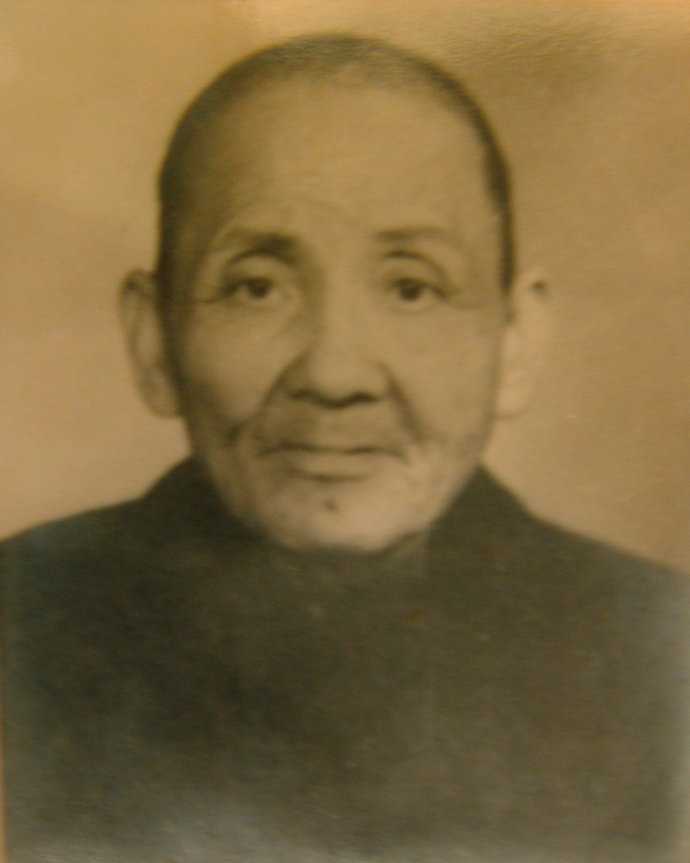
Wong Fei-hung
Wong Fei-hung was a renowned martial artist, physician, and folk hero from the late Qing Dynasty. He was famous for his mastery of the Hung Ga style of kung fu and his deep sense of justice. Wong Fei-hung’s legendary status in Chinese martial arts was cemented in popular culture through numerous films, TV series, and other media.
His portrayal as a heroic and honorable kung fu master has been depicted by actors such as Kwan Tak-hing, Jackie Chan (in Drunken Master), and Jet Li (in the Once Upon a Time in China series). Wong Fei-hung has become one of the most enduring icons of martial arts cinema and remains a symbol of the ideal kung fu master.
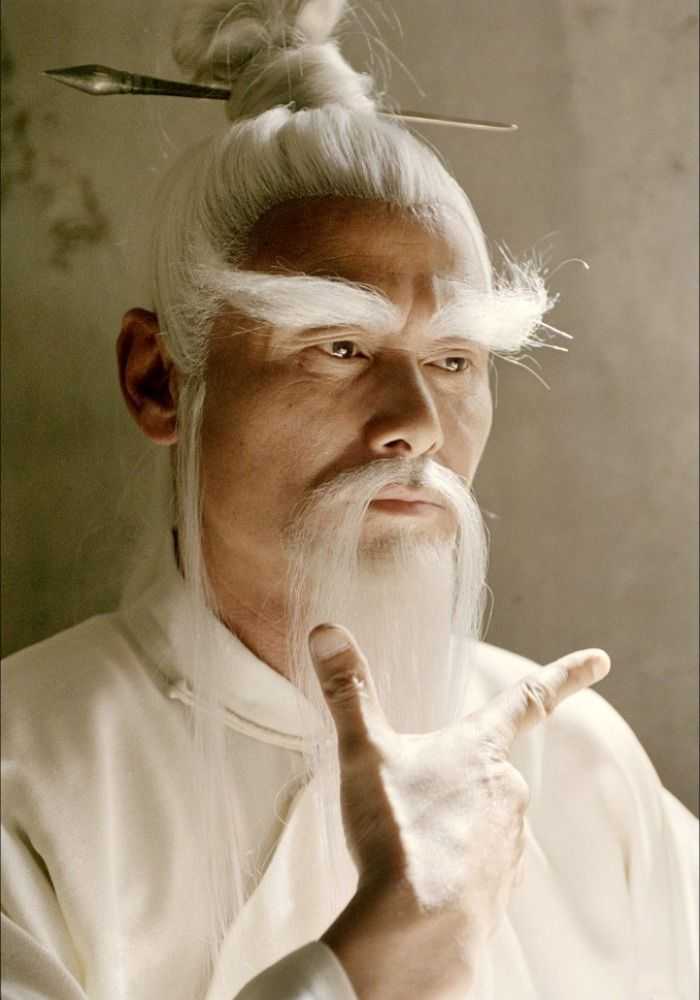
Pai Mei
Pai Mei, also known as Pak Mei, is a legendary kung fu master who is often depicted in both historical and fictional contexts. In real life, Pai Mei is believed to have been a Shaolin monk who developed his own unique style, which became known as Pai Mei or “White Eyebrow” kung fu. His exact historical details remain somewhat shrouded in mystery, but his mythic status grew significantly through the centuries.
In popular culture, Pai Mei is best known for his portrayal in films such as Kill Bill Vol. 2 (2004), where he is depicted as a ruthless, centuries-old master who trains The Bride (Uma Thurman). His character’s influence can also be found in countless places in media, often representing the archetype of the fearsome, harsh kung fu master.
Fun fact: if you are a fan of video games, you may recognize the style of Pai Mei in the hit video game, Sifu!
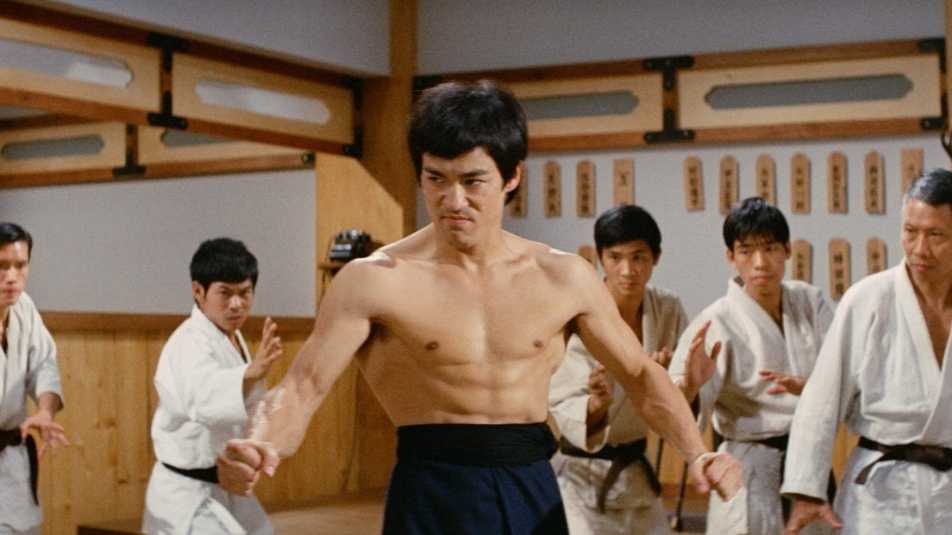
Chen Zhen
Chen Zhen is a fictionalized character based on real historical events. The character is often linked to Huo Yuanjia, a famous Chinese martial artist of the late Qing Dynasty. Though it is unclear if Chen Zhen was a real person, it is believed that he was at least inspired by Liu Zhensheng, a real-life student loyal to Huo.
The most famous portrayal of Chen Zhen was by Bruce Lee in Fist of Fury (1972), where the character seeks revenge against the Japanese who have dishonored his master. Chen Zhen’s legacy continued with other portrayals by Jet Li in Fist of Legend (1994) and Donnie Yen in The Legend of Chen Zhen (2010). While the character is fictionalized, the story has become an important part of martial arts cinema, and Chen Zhen’s desire for justice and honor resonates with fans worldwide.
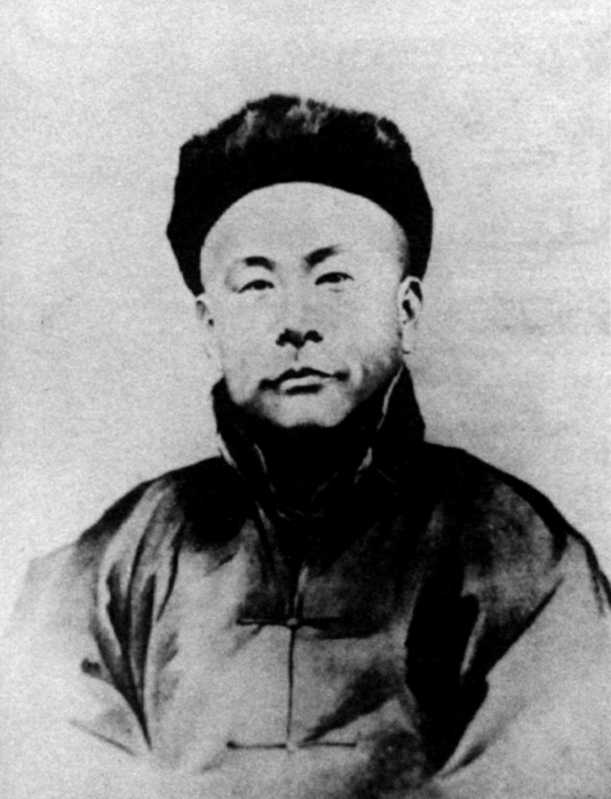
Huo Yuanjia
Huo Yuanjia was a real historical figure and one of the most famous martial artists of late Qing and early Republican China. He founded the Jingwu Athletic Association and became a symbol of Chinese nationalism, especially for his victories in martial arts competitions against foreign fighters.
Huo’s life has been depicted in multiple films, the most famous being Jet Li’s portrayal in Fearless (2006). Huo Yuanjia’s legacy is rooted in both his martial arts skills and his role as a nationalist hero, representing the strength and spirit of China in the face of foreign aggression. His character has become a larger-than-life symbol of kung fu mastery and patriotism.
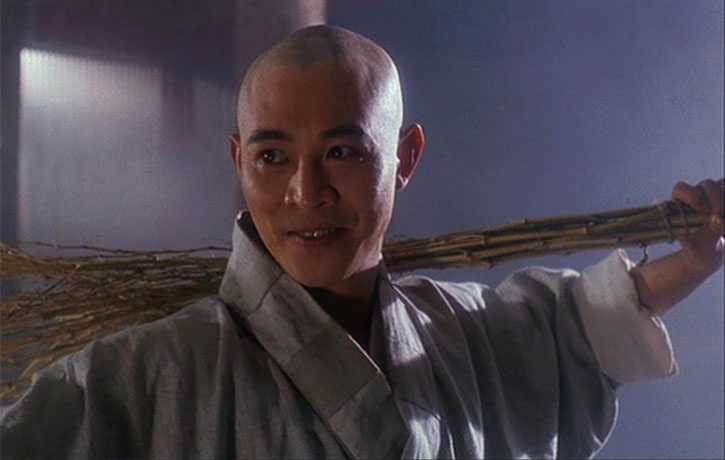
Zhang Sanfeng
Zhang Sanfeng is often regarded as the legendary founder of Tai Chi and one of the most influential figures in traditional Chinese martial arts. While his existence is debated, Zhang’s legendary status is undeniable, and he has inspired many fictional portrayals in film, TV, and literature. He is often depicted as a Taoist monk who perfected the “internal” martial art of Tai Chi, emphasizing soft, flowing movements that harness internal energy (qi).
In popular culture, Zhang Sanfeng has appeared in films like The Tai Chi Master (1993), starring Jet Li, and in various TV shows and video games. His philosophy and martial arts teachings continue to influence modern martial arts practitioners around the world.
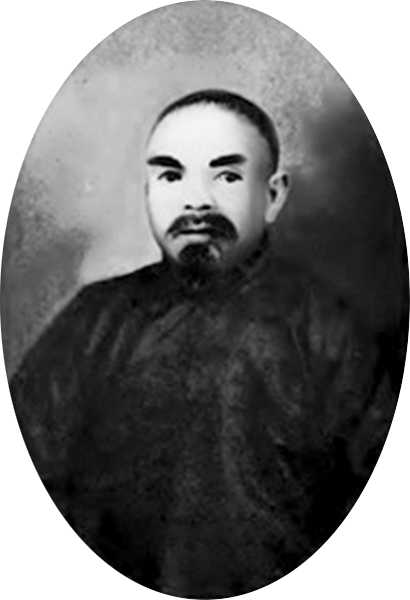
Li Shuwen
Li Shuwen was a renowned master of Baji Quan, a powerful and explosive martial art known for its devastating strikes. Nicknamed “God Spear Li” for his unmatched skills with the spear, Li’s life inspired countless martial arts stories.
His legend influenced characters in modern media, such as the historical figure adapted into the Fate series. His reputation for defeating opponents in a single strike has made him a symbol of precision and deadly skill in martial arts lore.
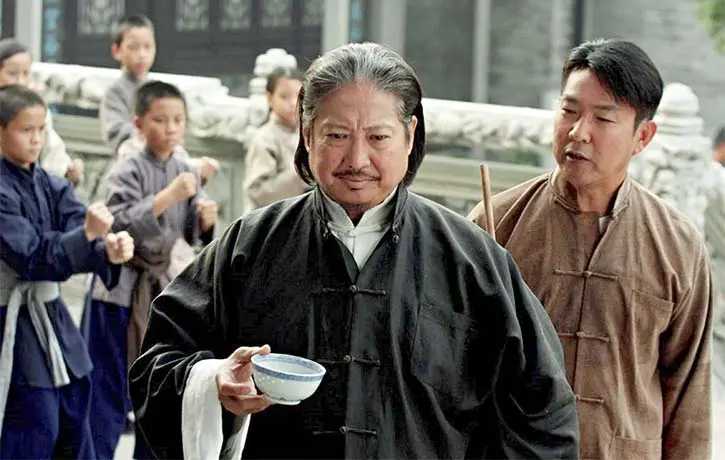
Chan Wah-shun
Chan Wah-shun, also known as “Money Changer Wah,” was a master of Wing Chun kung fu and one of Ip Man’s most influential teachers. Known for his practical and no-nonsense approach to martial arts, Chan helped shape the foundational techniques that would later be passed down to Bruce Lee.
While not as famous as his student Ip Man, Chan Wah-shun’s legacy is immortalized in Wing Chun history and the many films that explore the lineage of this iconic martial art.

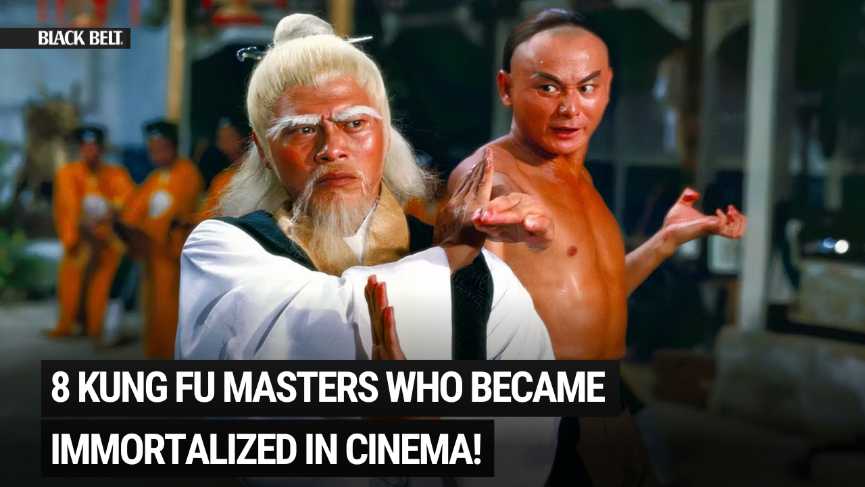




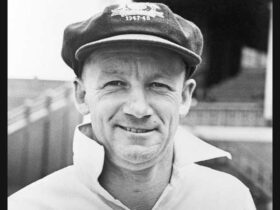
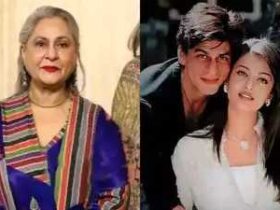


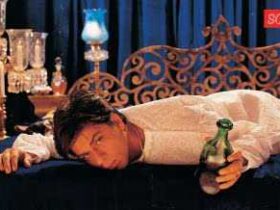
Leave a Reply